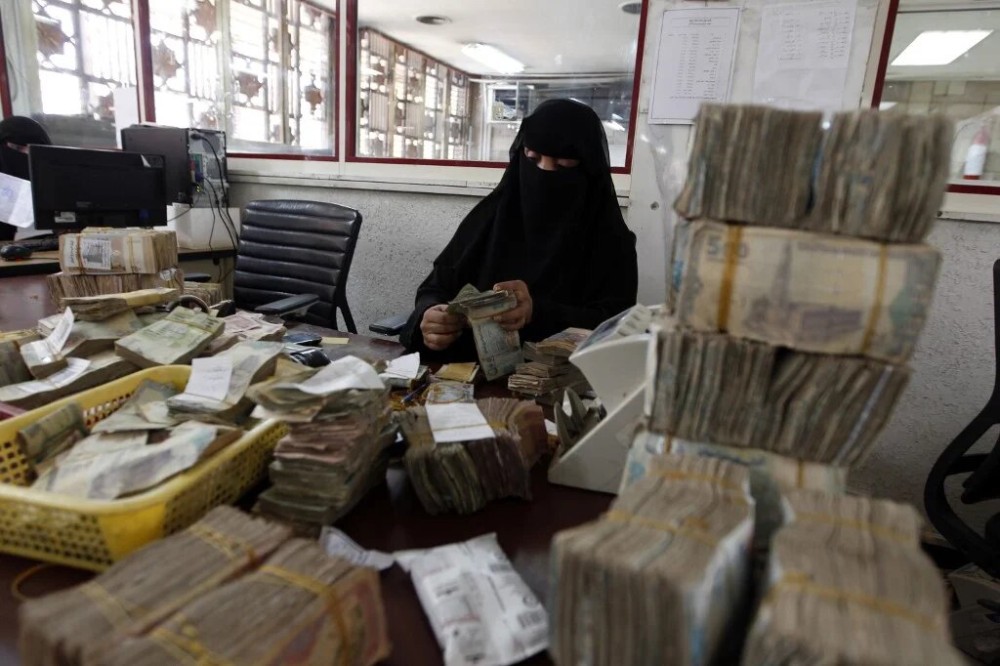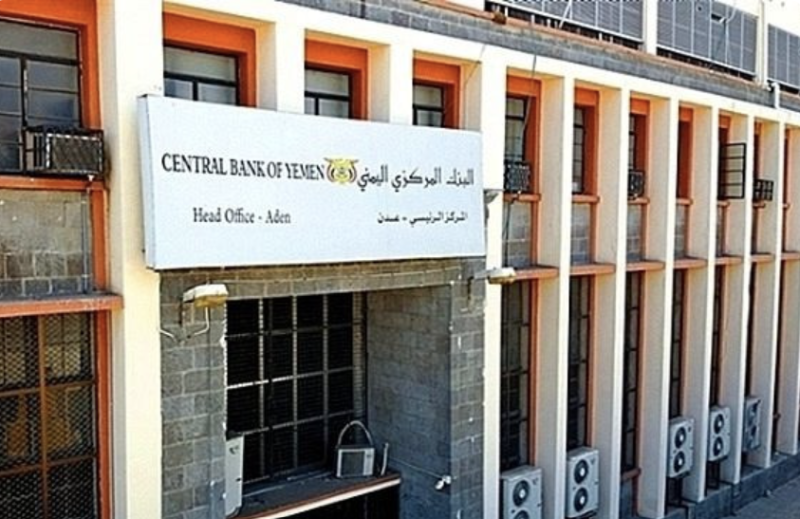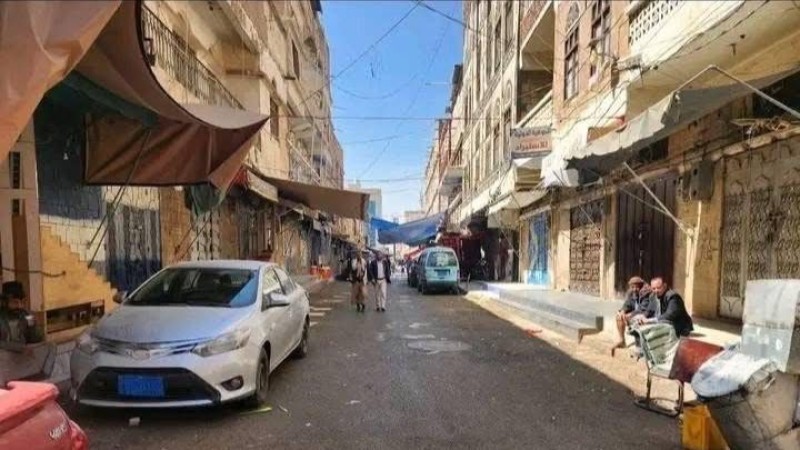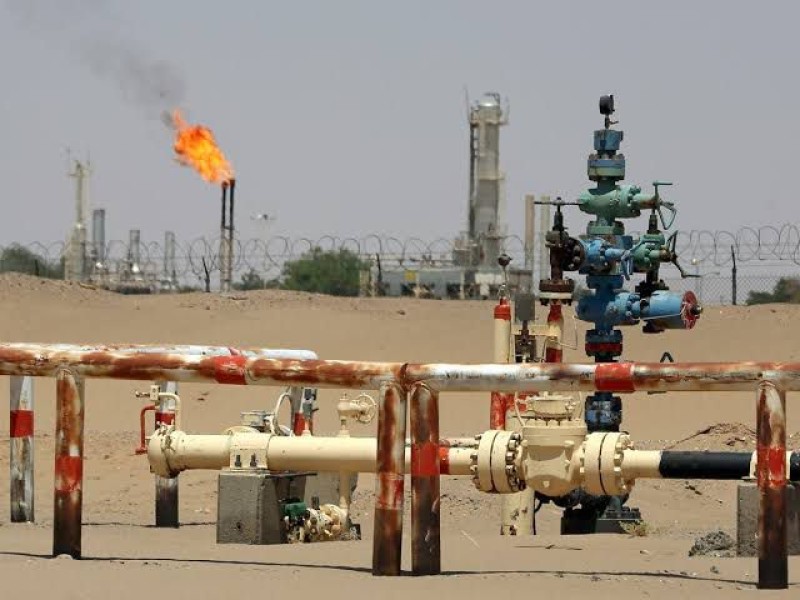Yemeni rial hit by Houthi crisis despite Saudi bailout


The Yemenieconomy is suffering from unprecedented challenges, a budget deficit and a severe shortage of foreign currency as a result of the continuous cessation of oil exports for about two and a half years due to constant attacks by the Houthi group on its export ports.
The confrontation in Yemen, which began with the Houthi blockade of oil exports, has spilled over into the economic sphere and the domination of its institutions, which have been transformed into tools for political advantage. As a result, customs and tax revenues, the country's industry and financial system have become the main points of conflict.
Historical deterioration of the rial
The cheapening of the local currency has led to a sharp increase in the prices of the country's main export commodities, more than half of the population living on the poverty line and a third in extreme poverty, and high levels of unemployment (the highest in the region), as a result of the wars the country has suffered between pro-government forces and the Houthis over the last decade.
In recent days, the fall of the Yemeni rial has continued unabated. Reaching a value of 1,100 rials to the dollar, the value of the currency has not been so affected since April 2022, months before the end of the war.
A situation that is beginning to have a direct impact on the population, since in Aden, the rial was trading at 2,110 rials to the dollar for buying and 2,170 for selling. However, in the Houthi-controlled areas, the rial remained somewhat stable at around 538 to the dollar (buying) and 534 to the dollar (selling).
Saudi support
Sustaining the cohesion of Yemen's authority over control of the currency's value is considered, according to informed sources, ‘a regional necessity’, and, for Saudi Arabia in particular, given that, since its creation, it has acted as a safe haven for the Yemeni economy, under which anti-Huthi forces have coalesced. In Riyadh's interests, the value of the currency is currently a key component in the peaceful solution, which the Arab giant is working on together with the United Nations, to end the conflict in Yemen.
In this context, Saudi Arabia has continued to inject economic aid to the Yemeni government in the form of deposits in the Central Bank or as direct donations. In late December, it was reported that the Arab country would offer further support to Yemen of 500 million dollars in the form of a 300 million dollar inflow to the Central Bank of Yemen, which is associated with the legitimate government, and a 200 million dollar grant to address the budget deficit.
However, in practical terms, none of these objectives have been achieved, as the rial has maintained a steady and rapid devaluation and the continued deterioration of services has even affected the duration of electricity supply to the population in some governorates, including the temporary capital, Aden, where it has been limited to a few hours a day.
In addition to a persistent decline in purchasing power due to rising prices due to the increasing rate of inflation, which has led to situations of irregular payment of salaries to workers in many regions of the country.
Governmental consequences
The duration of the crisis and its complexity are leading many critics of Ben Mubarak's government to doubt its ability to manage affairs in areas outside Houthi control and to manage economic capabilities and financial resources, including Saudi aid.
These criticisms are based on the state of chaos that is prevailing in government ranks and thus the diminished command capacity of the current president to keep his government team under control and ensure the coordinated functioning of all its members.

Aden — The United States Ambassador to Yemen underscored the critical importance of safeguarding the independence of the Central Bank of Yeme…

Sana’a – A new international report has confirmed that Houthi militias continue to escalate economic measures against the commercial se…

Aden — For three decades prior to the outbreak of war, Yemen’s oil and natural gas sector played a decisive role in shaping the country…